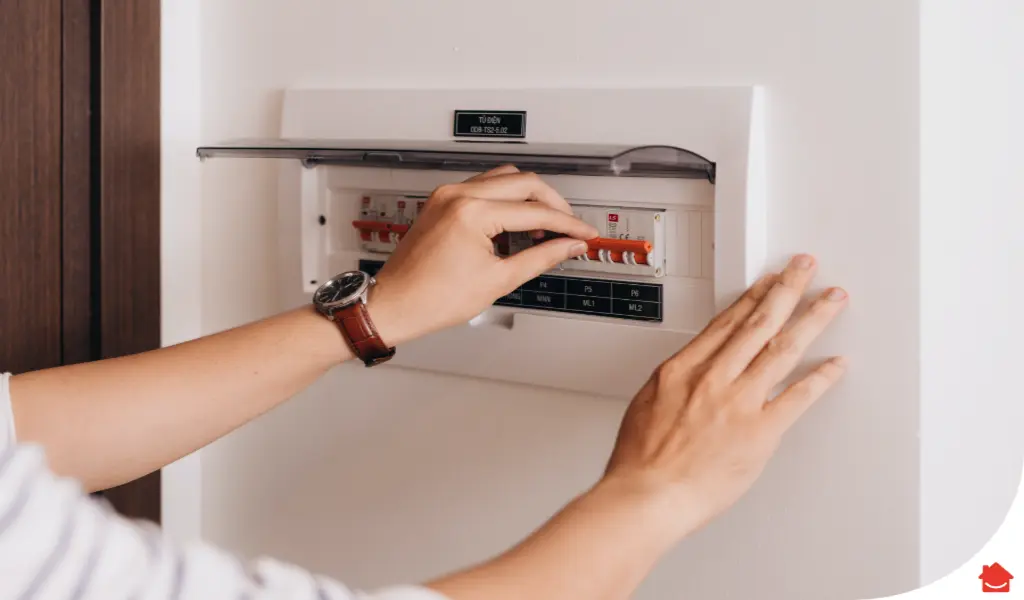Learning
Solving Fuse Problems for a Safer Home

Fuses play an absolutely crucial role in the safety of your home, though you often don’t think about them until something goes wrong. They are your first line of defense against electrical dangers and, as such, understanding them is vital to ensure safety.
Understanding Electrical Fuses
In essence, a fuse is a simple component of your home’s electrical system created to prevent excessive current flow and potential fire hazards. Comprising a small piece of wire or metal within a casing, they’re integrated into various circuits throughout your house.
When the current passing through a circuit exceeds the rated safety limit of a fuse, the internal component melts, disconnecting the circuit. Living in Thailand, you are no doubt used to common power outages. This shutdown helps prevent overheating, reducing the risk of fires.
The Role of Fuses
Surges can happen due to several reasons – overloaded circuits, damaged wiring, or faulty appliances, among others – and fuses keep those surges from causing damage. By breaking the circuit when there’s too much current, they essentially perform as sacrificial lambs for your electrical system: they take the hit so that other parts don’t have to.
Recognizing Fuse Issues
If you’re having trouble turning on specific appliances or entire rooms in your home aren’t receiving power when switches are flipped – you may be dealing with blown fuses. Sometimes these issues can occur all at once or sporadically; nevertheless, it’s important to remain alert and address them correctly.
Common Fuse Problems
When troubleshooting blown fuses, you’ll want to understand possible causes and symptoms. The most common problems include frequent blows and tripping circuits. If a fuse blows repetitively, there might be an overload in that specific circuit due to faulty wiring or a defective appliance.
Corrective Actions for Blown Fuses
Once you’ve identified a faulty fuse in need of replacement, ensure you turn off all appliances on that circuit before beginning work. Cut the electricity first either at the main switch or at your fuse box. Then safely remove the suspect fuse and replace it with one having an identical rating.
Upgrading Your Fuse Box
An obsolete fuse box can cause more harm than good due to its reduced effectiveness against power surges over time. For this reason, consider upgrading it with modern circuit breakers renowned for their enhanced safety features and increased durability.
If you’re the sort of person who doesn’t know what extension cord to choose, seek professional advice on circuit breakers first. Remember that while this course of action seems challenging, it is a worthwhile investment essential for prolonged safety.
Fuse Safety Measures
To prevent electrical injuries within your home – increase safety precautions around your fuse box such as keeping it free from flammable materials like cleaning products or cloth items that can easily ignite if by chance overheating occurs.
Understand the correct fuse value needed. In addition – it’s essential to never replace blown fuses with ones having higher amperage which can instigate fires due to abrupt heating up.
Preventing Future Fuse Problems
By harmonizing load demand across different cables – you can reduce the recurrence frequency of blown fuses considerably. Also, make time for regular maintenance check-ups on your electrical system along with observing any abnormalities such as dimming lights – caused by overloaded circuits.
DIY Vs Professional Electricians
Facing minor fuse problems might seem inviting for DIY jobs – but understand there are risks involved considering its direct link with electricity. Hence it’s advisable to engage professional electricians who possess relevant expertise in ensuring safe repair and installation jobs.
If you require more serious electrical work to be carried out then DIY is a no-go. In this instance, you should be looking for a level 2 electrician who is capable of advanced electrical work.
Importance Of Regular Checkups
Scheduled checks and maintenance of your electrical system play pivotal roles in optimizing its performance – and enhancing durability – a preventative measure safeguarding against unexpected failures that could morph into catastrophic damage if not addressed promptly.
Educating Yourself: Fuses vs. Breakers
As you journey towards establishing a safer home, educating yourself about the relative benefits of fuses and circuit breakers is pivotal. Understand the basics, from their functions to the implications of their dysfunctions.
While fuses can be cheaper and great for older homes, the way circuit breakers work is the modern safety norm with the convenience of a resettable system.
Tailoring Solutions to Your Home
The unique characteristics of your home should guide your decisions when it comes to choosing between fuses and circuit breakers. Whatever choice you make, ensure it offers comfort, safety, and efficiency that aligns with your household needs.
Final Thoughts
In wrapping up, treat even small issues like blown fuses with caution due to the potential risks they pose. Modify how you utilize electricity in your home, avoiding overloading circuits concurrently.
Stay consistent with regular maintenance and inspections which play a key role in preventing future electrical issues, thereby securing your home’s safety while also enhancing electronic device longevity.




























